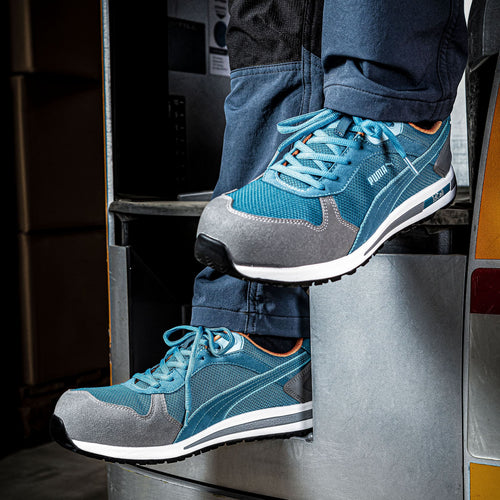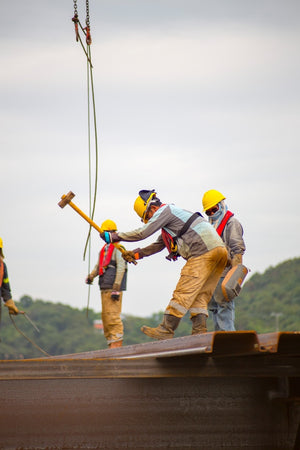Filters

What should Chefs wear in a kitchen?: The Shoes For Crews checklist
What should chefs wear when working in a kitchen? Jacket, check, pants, check, but what else do you need? Look...
Read More
The 7 Most Common Warehouse Hazards and How to Reduce Your Risk
Hazards exist in every workplace but they are especially prominent in warehouses. Here are seven of the most common and...
Read More
4 reasons slip resistant shoes are vital for the food industry
No slip oil resistant shoes are essential for employees working in the food industry. They help improve safety and reduce...
Read More
The 10 benefits of real leather shoes
Learn the benefits of leather shoes. Did you know wearing genuine leather shoes is good for your feet?
Read More
What Work Shoes Are the Best for Hospital Workers?
Comfort, durability and safety are key for hospital work shoes. Here are the styles we suggest.
Read More
How to Stop Your Feet from Hurting at Work
You've been stood all day behind the bar or at the warehouse and you're in pain. With just a few...
Read More
5 benefits of wearing slip-resistant, easy to clean surgery clogs
Do you know the benefits of slip-resistant surgery clogs? They provide effective support when performing long surgeries and reduce the...
Read More
The Restaurant Workers Guide to Uniform
It’s important when working in a restaurant to have the correct uniform. Read our restaurant workers guide to uniform to...
Read More
How To Perform A Simple Safety Footwear Risk Assessment
Slips, trips and falls are the biggest causes of accidents at work, hence why safety shoes are vital. Here’s how...
Read More

























































































